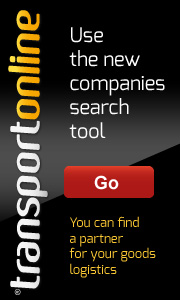Search Company:

The discussion about the EU’s simplified state aid rules for green transport like rail is again on the table. UIRR assessed that the new state aid rules proposal should function as the platform for deeper reforms starting with correcting the regulatory imbalance between transport modes.
ERFA was the first to react after Brussels communicated its plans to provide state aid for rail, inland waterway and multimodal transport in early July. The association stressed that simpler state aid rules are positive but with the danger of undermining fair competition between rail freight companies.
The International Union for Road-Rail Combined Transport (UIRR) got back to the discussion, praising the decision’s intentions but also underlying that state aid is not the only thing that rail and combined transport need. In fact, simpler state aid rules should just be the starting point for the Commission’s knife to cut deeper into imbalances and unfair competition, explained UIRR, highlighting that money is not everything in this case.
State aid doesn’t solve everything
“The spirit of the proposal should certainly be praised,” clarified UIRR. Yet, if the Commission wants to boost green transport and lay the ground for a sustainable future, simpler state aid will not do the job alone. The combined transport association elaborated that the real problem is the price signals for intermodal transportation. Where price signals, see the starting prices for rail, intermodal and combined transport services.
Consequently, UIRR believes that state aid should function as a balancing tool to correct the pricing imbalances between different transport modes until they are resolved for good. On top of that, it should be an incentive targeting shippers to support their modal shift. Read more
Source: RAILFREIGHT.COM




